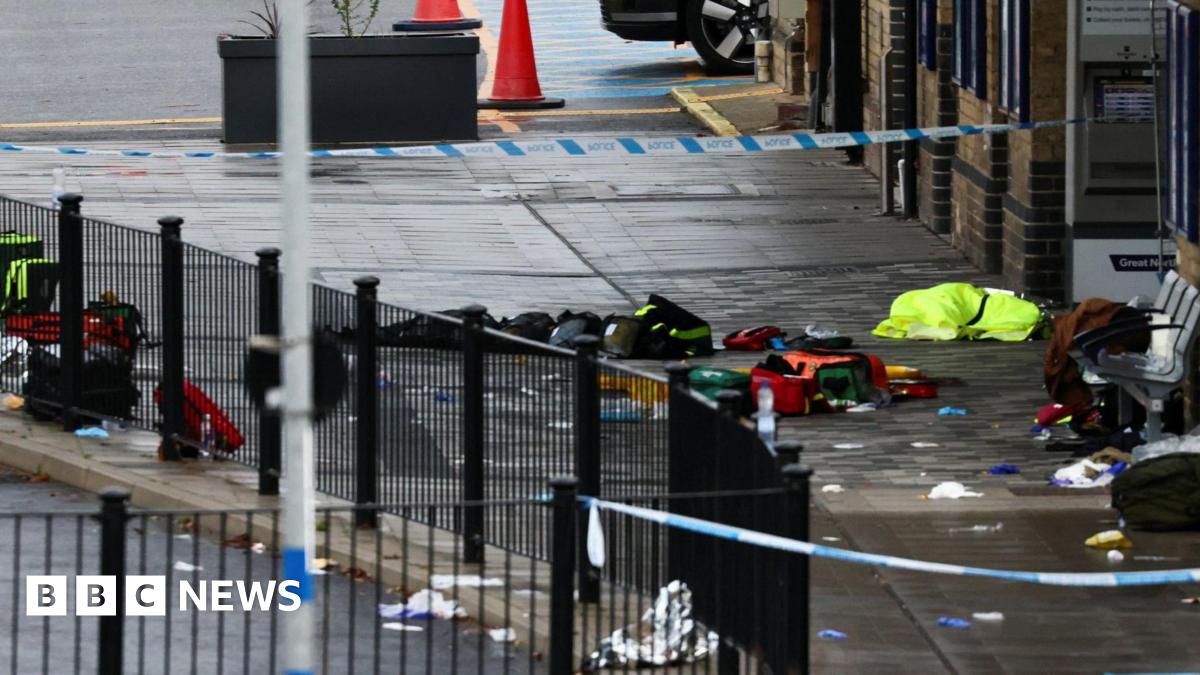I do not regard Reform as far right.
I would be interested in your reasoning, and if you would class the National Rally (aka Front National) or Alternative for Germany as far right.
I had a bit of a google, and
DW and
Le Monde seem to agree with me.
This gives some reasons:
While “far-right” is a contested term, most academics and experts generally agree that it includes certain key beliefs and themes, such as racist and xenophobic rhetoric, the undermining of democratic process, attacks on human rights and the principle that all human beings are equal, and a populist, conspiratorial belief in a sinister “elite”.
Reform UK fits all of the above.
The historians David Renton and Neil Davidson essentially divide the right of the political spectrum into conservatives, the non-fascist far-right, and fascism. In these definitions, Reform UK sits comfortably in the “non-fascist far-right” category.
Similarly, Mudde breaks down the term far-right further into the following:
- The radical right which “accepts the essence of democracy, but opposes fundamental elements of liberal democracy”. This describes Nigel Farage and Reform UK, as the party rejects key elements of liberal democracy, most notably the concept that every human being has inherent dignity and universal rights.
- The extreme far-right which “rejects the essence of democracy, that is, popular sovereignty and majority rule”.
While leader of UKIP and as an MEP, Farage worked closely with a range of far-right parties as part of the Europe of Freedom and Democracy group which included Lega Nord, the Danish People’s Party, Finns Party and the Slovak National Party.
In 2014, Farage was widely criticised for joining forces with the Sweden Democrats, a far-right party with Nazi roots. Farage is friendly with and openly admires far-right leaders like Donald Trump, Georgia Meloni, Marie Le Pen and Victor Orban.
Reform UK and its leader Farage fit comfortably within the definition of the far-right.
Key reasons include:
- Undermining democracy: Farage has repeatedly questioned election results in Peterborough (2019), Rochdale (2024) and Oldham (2015), where he said that the electoral process was “dead” due to “ethnic changes in the way people are voting”.
- Attacks on human rights: Farage has called for the UK to withdraw from the European Convention on Human Rights, rejecting key principles of liberal democracy.
- Racist and xenophobic rhetoric: Farage has a history of racism, xenophobia, and misogyny, with Reform UK’s current focus being on portraying asylum seekers and Muslims as threats to the nation.
- Populism and elite conspiracy: Farage frames himself as a defender of “the people” against a sinister “elite,” fuelling distrust in politicians and institutions.
We must not shy away from calling Reform UK what they are – far-right.
Reform UK has repeatedly used racist and xenophobic rhetoric, attacking human rights and rejecting key principles of liberal democracy.


